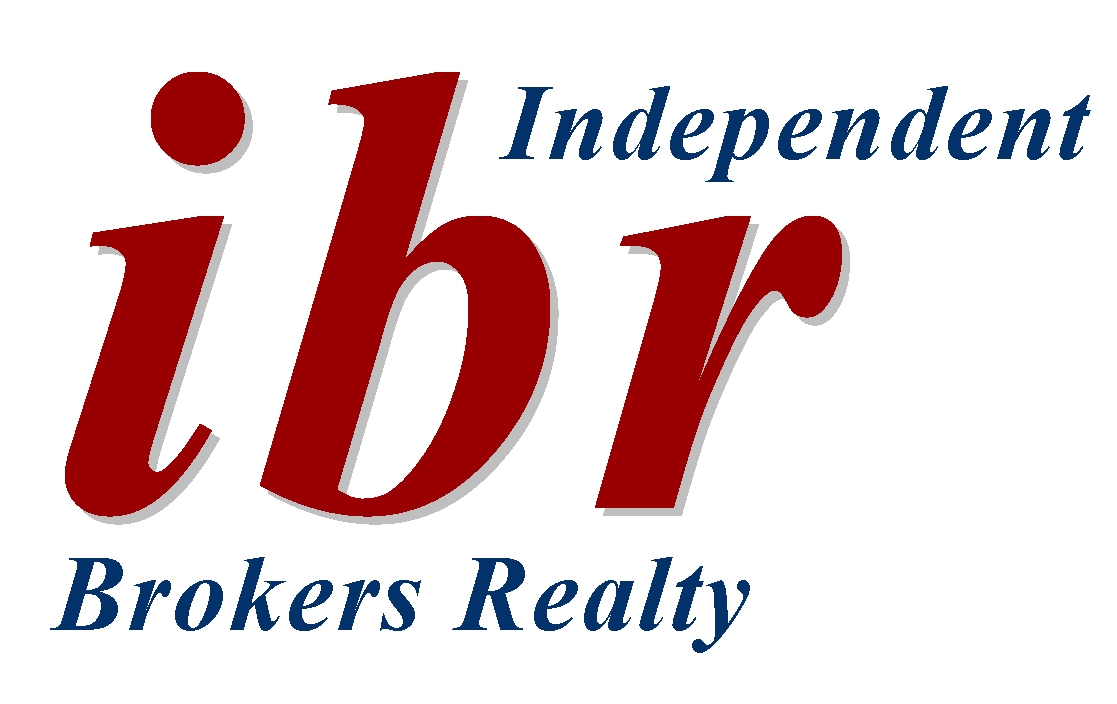|
1031 Exchanges In order to completely defer the payment of tax with your 1031 exchange, among other things, the replacement property must be of equal or greater value, and all the equity from the sold investment property must be reinvested in the new investment property or properties. More importantly, completing a 1031 exchange with a Tenants In Common interest ownership in a property, also known as co-ownership of real estate (CORE), allows investors not only to defer their capital gains taxes, but also an opportunity to trade up to larger, institutional-grade properties. If you recently sold an investment property or you're considering selling, one of our Replacement Property Specialists can help you explore your real estate investment options. 1031 exchange rules require an investor to identify up to three potential "replacement" investment properties within 45 days of the close of escrow on their relinquished property. The acquisition of the replacement investment property (or properties) must be successfully completed within 180 days of close of the relinquished property. In their 1031 exchange, many investors benefit from buying investment property as Tenants In Common (TIC) because it completes their exchange and can be closed in a timely manner due to pre-arranged financing. The successful completion of a 1031 exchange is best facilitated by an investment consultant who specializes as a Replacement Property Specialist A 1031 tax-deferred exchange can offer benefits that may translate into investment savings.
A 1031 exchange enables you to defer capital gains and depreciation recapture taxes. You can also harvest dormant equity at predictable time intervals with a 1031 exchange to maximize the inherent benefits of your real estate investments. Potentially Increase Cash Flow The tax dollars saved may be maximized to increase cash flow and overall net worth. The compounding effects of leveraging the equity in investment property over several holding periods can potentially produce higher actual dollar returns, new depreciation schedules to tax shelter cash flow, and accelerate equity accumulation. Eliminate Day-to-Day Property Management 1031 exchanges structured as Tenants In Common interest ownership provide real estate investors a range of opportunities to meet personal investment objectives. This includes property type and geographic diversification, and, most importantly, the elimination of day-to-day property management obligations. Don't Hesitate to contact us.
Marco Scola 239-293-0970
MarcoScola19@gmail.com
Give us a chance and we will show you the difference
|






